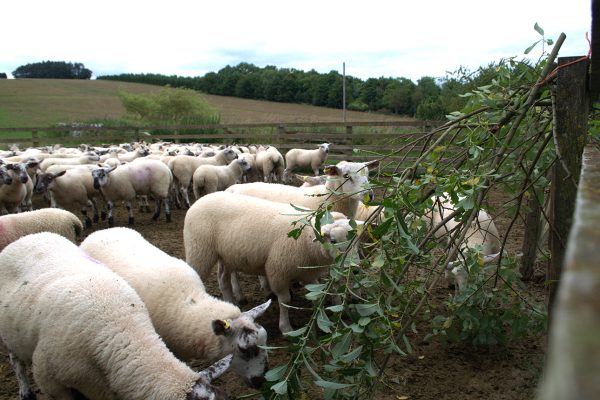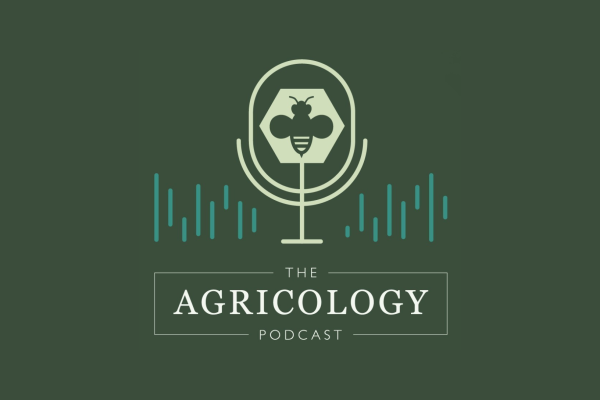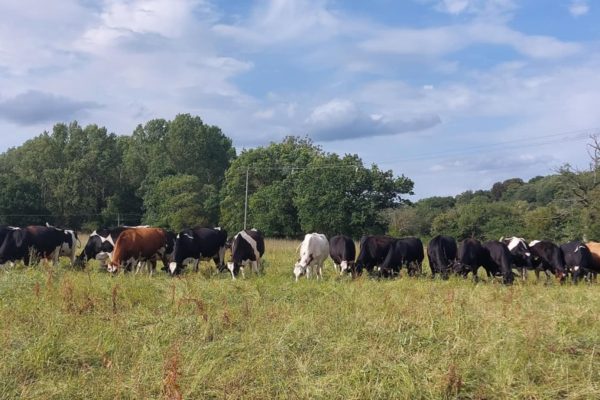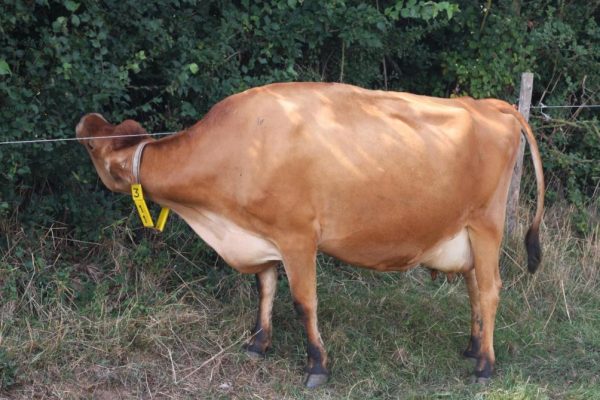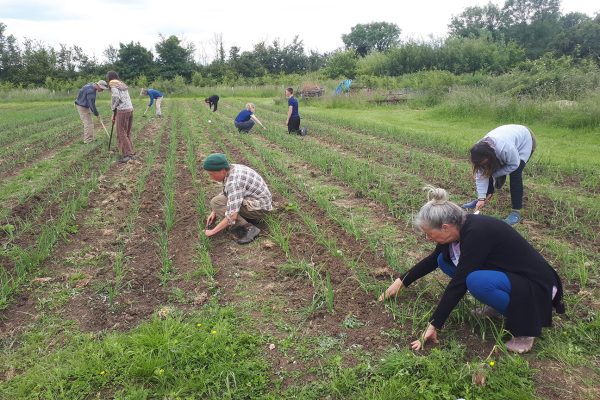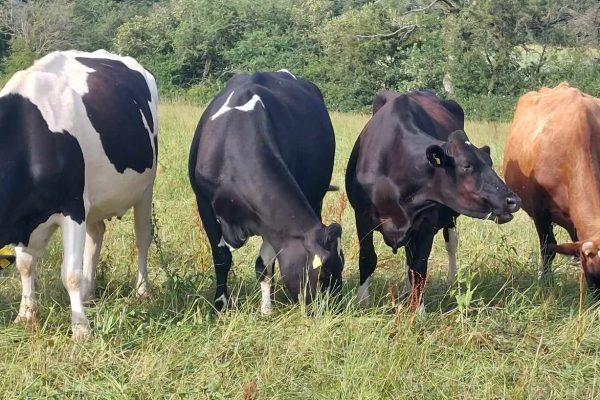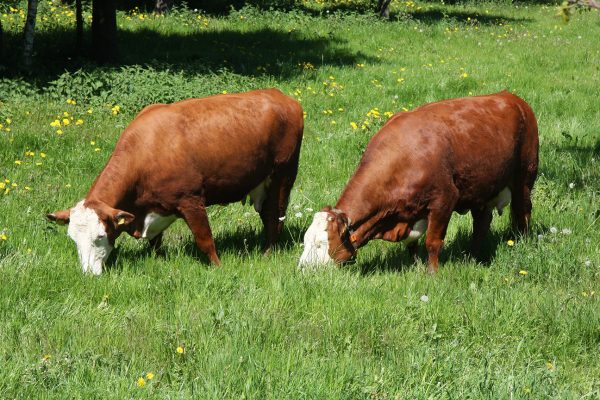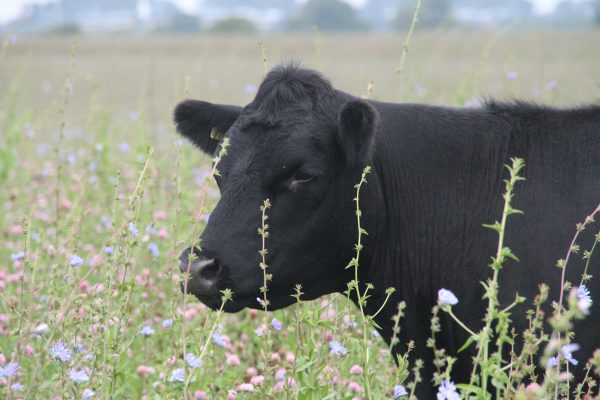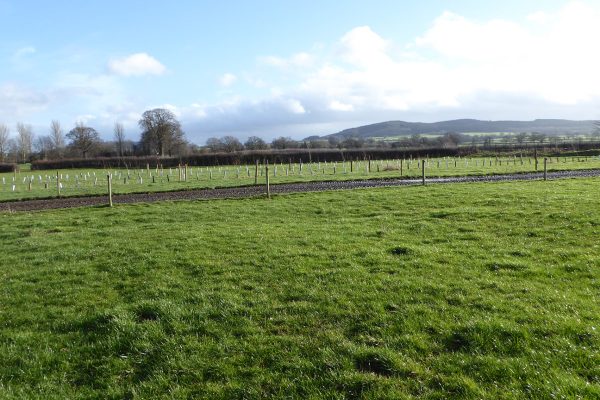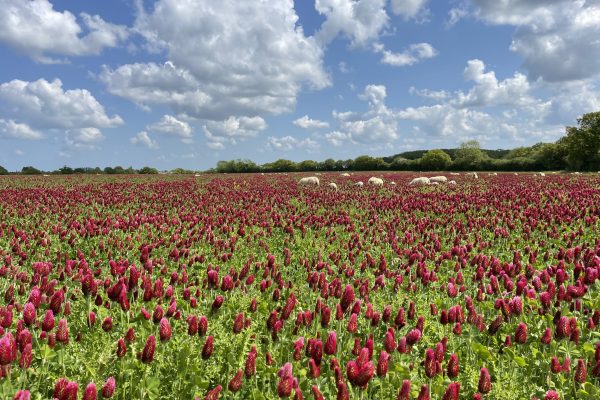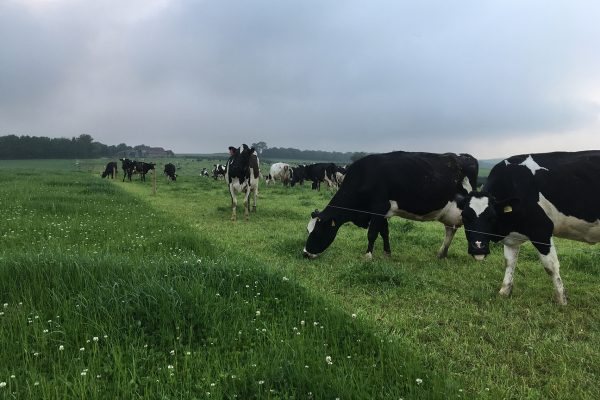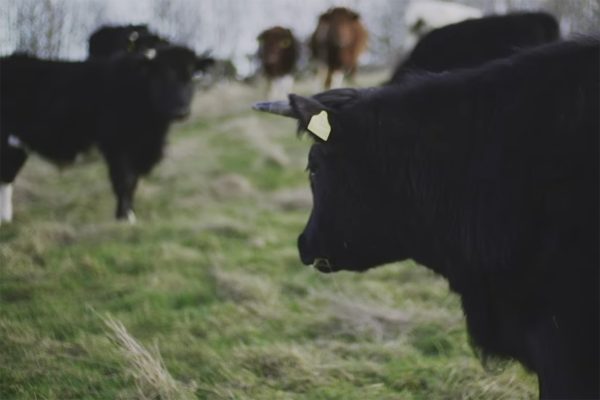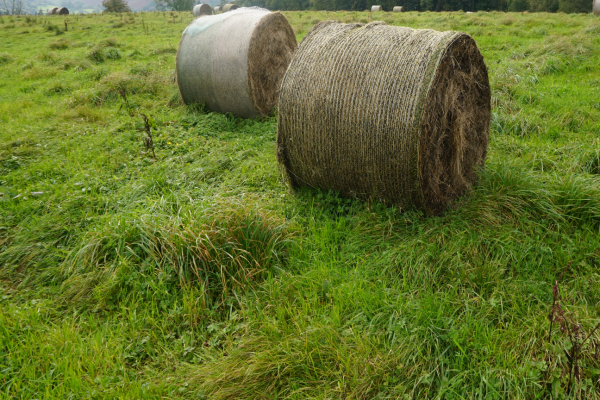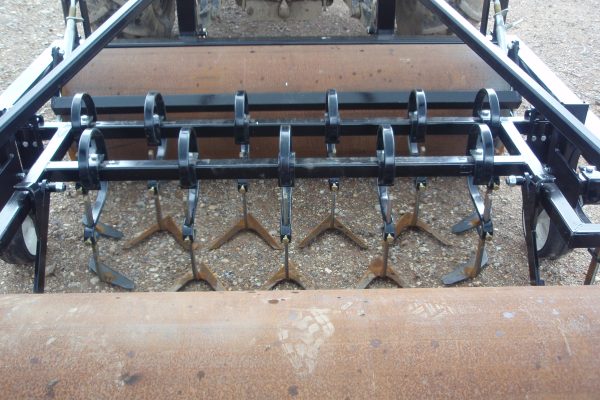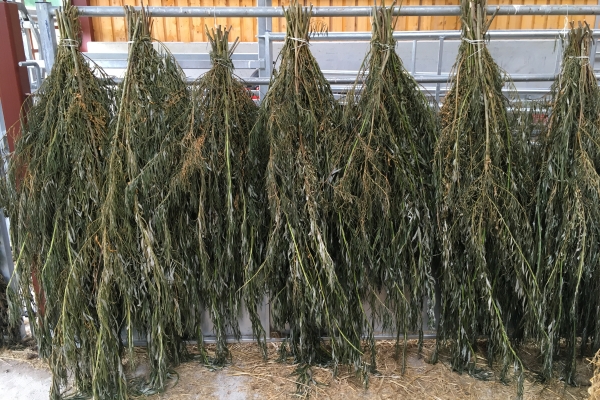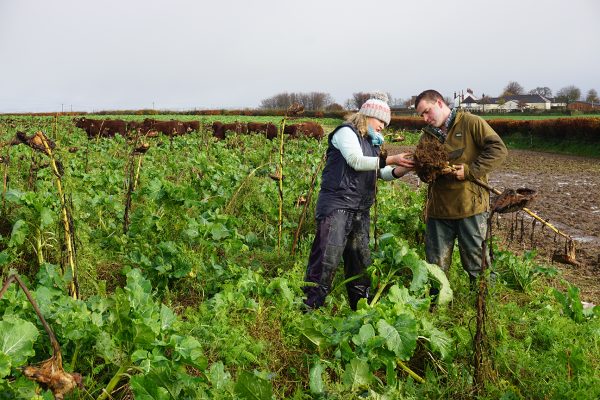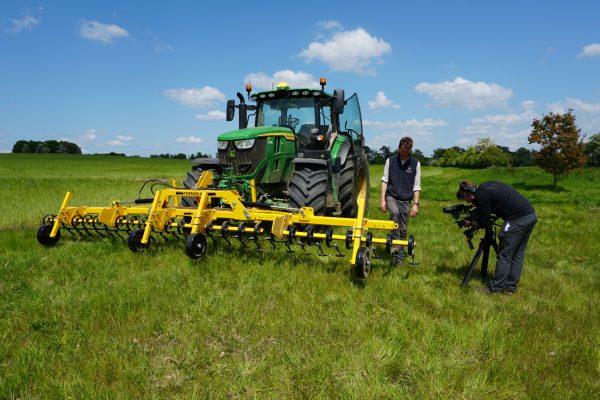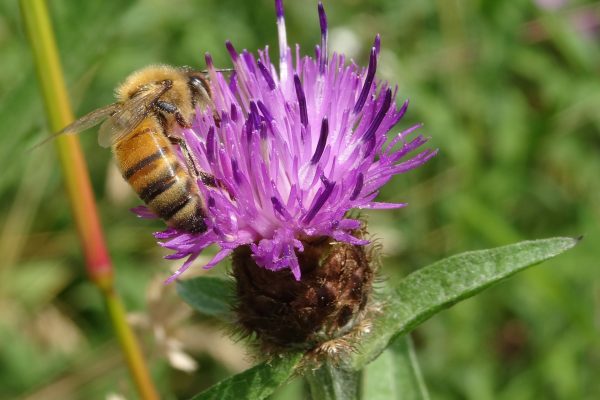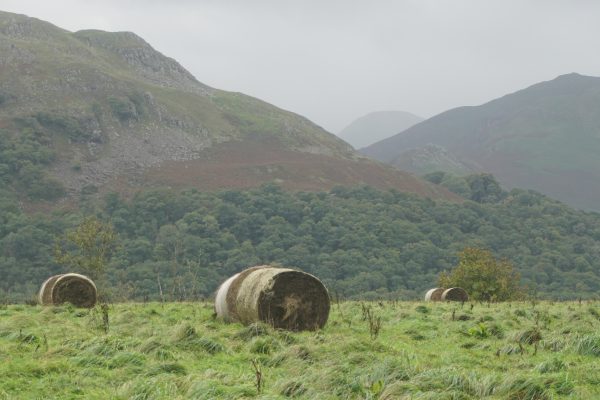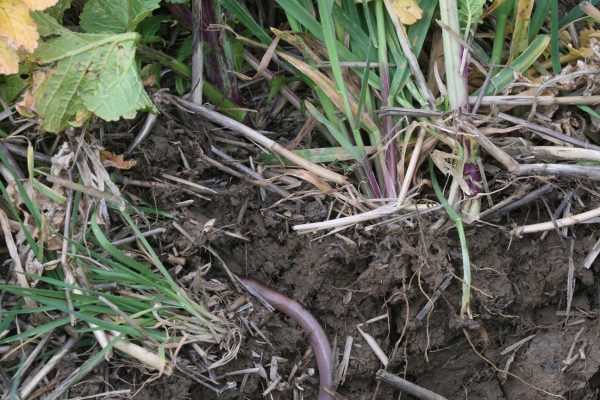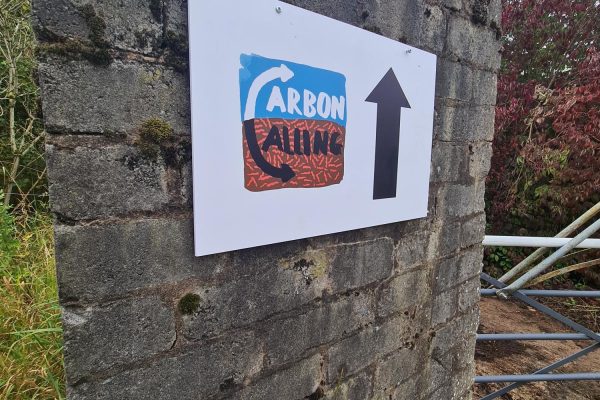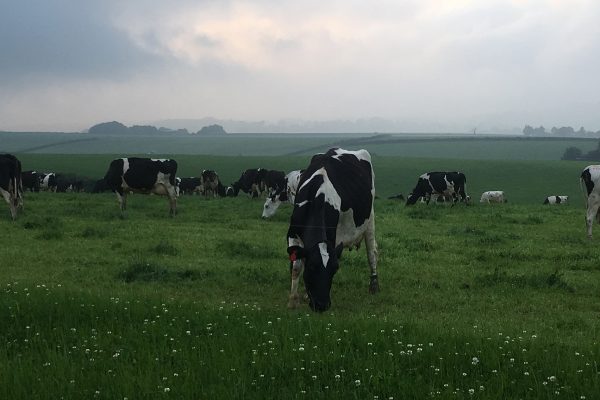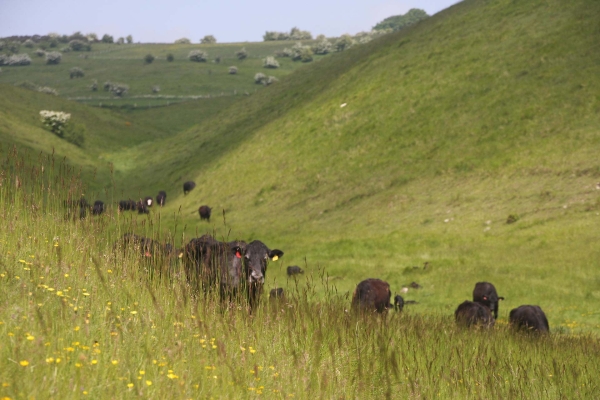Living Mulches - Technical Guide - video
In this video Matt England talks through his journey of trialling living mulches with the key learnings, observations and reflections that have come from it.
LEARN MOREThis resource page shares insights from a farmer-led field lab which explored how feeding willow to lambs could address cobalt deficiency and support healthy growth.
The Agricology Podcast offers practical insights into sustainable farming, featuring conversations with farmers, researchers, and advisors. Explore topics like soil health, regenerative agriculture, and livestock management through diverse perspectives.
This report from the Sustainable Food Trust highlights the benefits that regeneratively grazed livestock can have for climate, nature, food security and health.
This is the audio recording of a session run by Agricology at the Oxford Real Farming Conference featuring Matt Smee with Organic Research Centre’s Dr Lindsay Whistance.
Mark Lea talks with Matt Smee at Oxford Real Farming Conference about the learnings from 5 years of trialling living mulches in an organic arable system.
Cultivating Wisdom’ is a collection of agroecological research summaries from practitioners in the Landworkers’ Alliance’s ‘Experts in Your Field’ project.
Video playlist from the Soil Association of case study farmers practising mob grazing in Scotland and associated webinars.
This open access paper (first published in the British Ecological Society Journal of Ecology) aimed to better quantify how diversity affects ecosystem functions and services, and particularly to look at how species richness, community composition, and relative abundance jointly and individually contribute to ecosystem functions.
This ORFC 2024 session reframed the case for livestock in the landscape.
This Groundswell 2024 session explored the role and challenges of incorporating trees into dairy farming systems.
Footage of a Groundswell 2024 panel discussion organised by Agricology, exploring the practicalities of reintroducing sheep into your business.
Interesting research insights from Rothamsted Research based on a long-term grazing experiment that compares set-stocking with cell grazing
Short video of Nikki Yoxall on the power of native and rare breed cattle to be ecosystem engineers through Holistic Management
Case study and video produced as part of the GREAT (Gloucestershire Regenerative Environment and Agriculture Transition) Project.
A practical guide for farmers and growers wanting to get ahead of weeds when establishing pasture, arable and horticultural crops.
Soil Association Scotland webinar discussing how tree hay can be a valuable way to supplement winter forage and support livestock nutrition and welfare.
The final report of an Innovative Farmers field lab in South West England (supported by FWAG) on diverse forage crops, which was formed due to concerns over damage that using winter brassica monocultures for grazing outwintering livestock can have on soil health, water and the wider environment.
Four short films focusing on promoting sustainable agricultural practices being used on the Waddesdon Estate and beyond.
Handy practical guide to establishing perennial wildflower areas, produced as part of the BEESPOKE project.
Recording of an ORFC 2024 session where members of the Pasture for Life-led, five-year, Innovative Farmers field lab on bale grazing share their insights into their out-wintering strategies.
GWCT briefing from Allerton Project research on measures that can
reduce negative impacts on water quality and aquatic ecology,
and potentially reducing flood risk.
Footage of Stuart Johnson, 2023 ‘Soil Farmer of the Year’ and dairy farmer Bruce Thompson speaking at Carbon Calling 2023 about farming regeneratively, reducing inputs, keeping the farm business profitable, and all things dung beetle related!
Real Wealh Ranching's 'condensed steps to gradually wean your land from the high cost of synthetic fertilisers without losing your shirt in the process'.
The 'Sustainable Economic and Ecological Grazing Systems - Learning from Innovative Practitioners' (SEEGSLIP) project sought to evidence the practices of Pasture for Life (PFL) producers and farmer members using holistic, system-based approaches.

